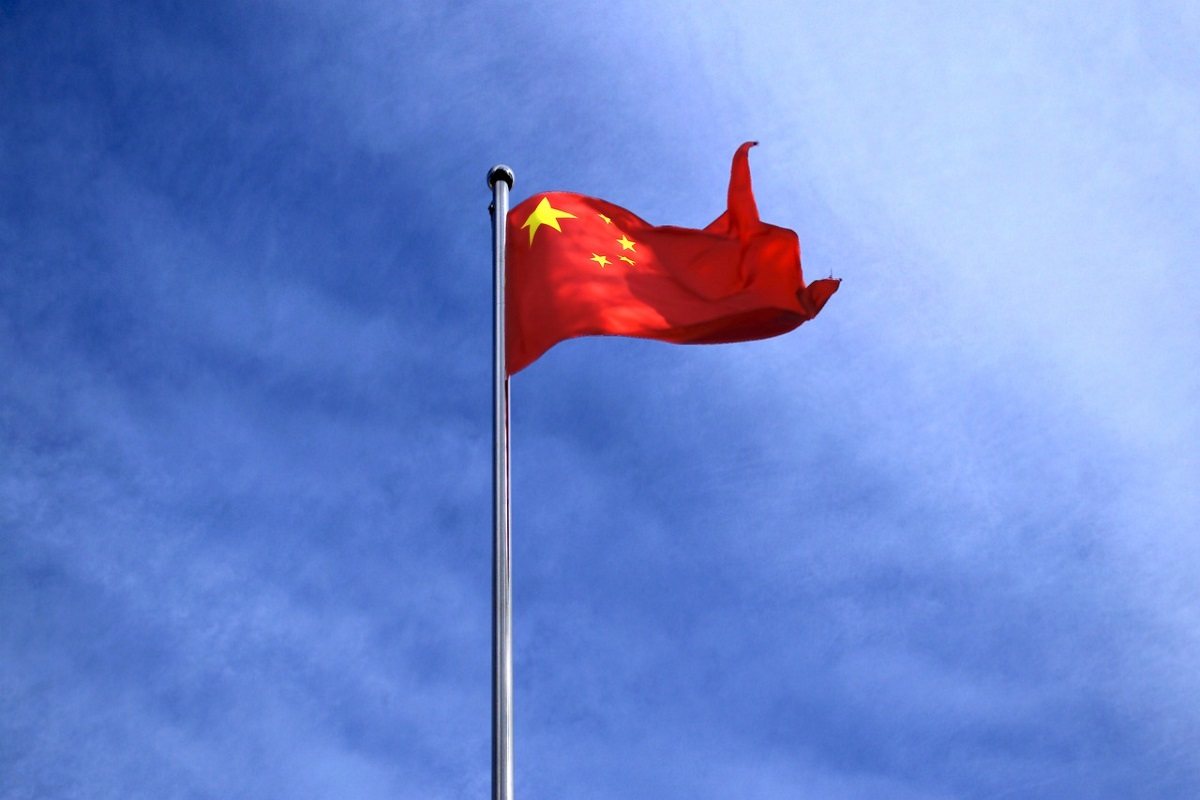The Central Bank of China has appealed to the local financial sector to provide material support, in this case, it means providing money, in conducting research in the area of technology and implementing mergers and acquisitions.

This call by the Chinese financial regulator is a measure taken as part of a strategy to revive the private sector, which is not in the best condition after the realization of a two-year policy of strict government regulation.
Over the past few weeks, officials in Beijing have repeatedly stated the need to support private companies. In their opinion, this strategy of activity will help revive the Chinese economy, which needs to gain strength after weakening during the restrictions associated with the coronavirus pandemic. These statements were the harbingers of the official appeal of the central bank of the country to creditors and financial markets on Thursday, July 27. This appeal contained a request to support innovative projects in the technology sector and deals in this area. The financial regulator also called for increasing the volume of investment in startups.
So far, the appeal has, in a certain sense, an abstract form, the essence of which boils down to the need for closer interaction between the financial system and the technology sector. At the same time, the media reports that the Chinese government will explore the possibility of creating a platform on which startups working on technological developments will be able to borrow funds using high-yield bonds.
Zhang Qingsong, Deputy Governor of the People’s Bank of China, said that the country is striving to ensure a greater pouring of financial resources into the real sector of the economy and spheres of activity, where a high level of implementation of innovative solutions is recorded. According to him, these efforts are aimed at China becoming a technological power and in this regard achieving independence and embarking on the path of self-improvement.
This week, the share price of Chinese technology companies showed growth. The positive dynamics are due to expectations that Beijing will loosen its grip in terms of control over one of the main sectors of the country’s economic system. Since the end of 2020, companies such as Alibaba Group Holding and Tencent Holdings have been in the zone of enhanced government regulation.
Currently, Beijing is softening the conditions for the activities of investors and private companies that have found themselves in a difficult situation due to strict control by the authorities. At the same time, experts note that in this case there is not a full-fledged rethinking of the concept of the economic model, but rather a measure of situational response. This means that China is easing regulations to a certain extent forced. Beijing’s officially designated goal of economic growth of about 5% has encountered difficulties in implementing a strategy to achieve it. For this reason, the authorities should look for and implement new opportunities to ensure the desired result.
In July, the Chinese government sent several signals about their readiness to lift some restrictions on the activities of the technology sector. This is important to stimulate the development of the economic system at a time of extreme necessity. Officials also expressed their readiness to take measures to promote the growth of other important areas in this context, including real estate and consumption.
Zhang Qingsong spoke about intention to insist on lending to projects related to the development of technology, noting that this measure will contribute to rapid economic growth. He also said that the central bank encourages pension and pension funds to invest in venture capital mechanisms.
As we have reported earlier, China Publishes Final Version of Rules for Use of Generative AI.









